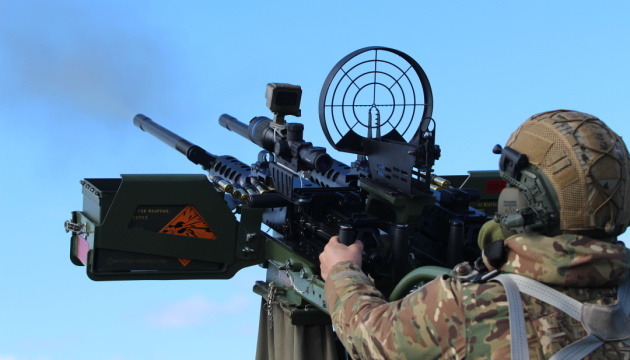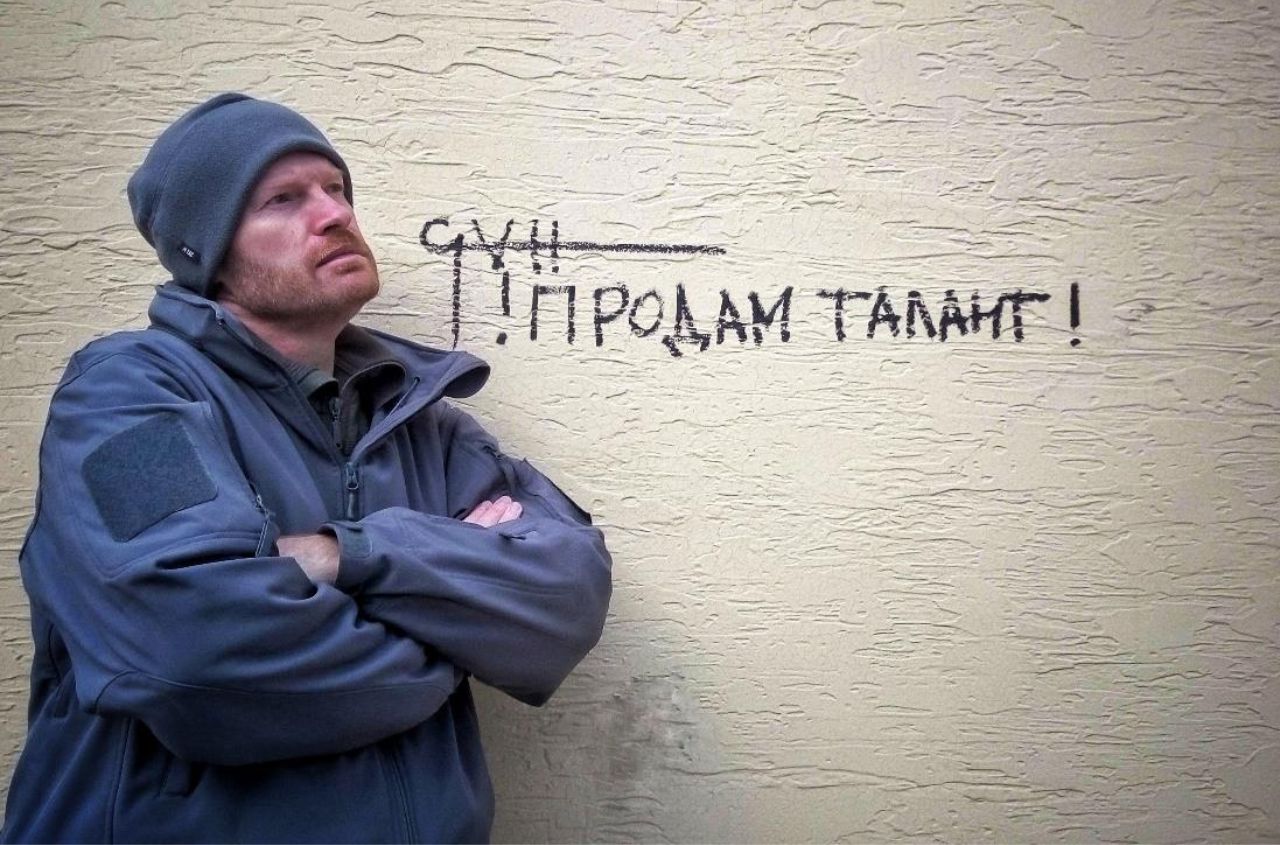There is no doubt that behind Hamas, in addition to the main advocate of the sharia-ization of all humanity, Ayatollah Khamenei, stands another defender of traditional bonds and a fighter against Western secularism – Putin. There is nothing new or unexpected in this. Reviving and asserting (and surpassing by far the most repulsive Soviet political practices, especially in the Ukrainian war), Russia spreads its metastases worldwide, supporting the darkest and most inhumane political regimes and terrorist organizations, but calling it a peaceful policy and protection of the oppressed. Of course, it has nothing to do with the oppressed; not a single country where the "Russian peace" has somehow settled (just like the previous "socialist orientation") has improved, on the contrary. It is only about Russia's typical efforts to resist the West in general and the United States in particular – where and when possible.
Israel has always held a special place in this confrontation and continues to do so – an ally of the West, never seriously buying into what Russia calls peacemaking, fraternal assistance, and mutually beneficial cooperation. Therefore, Israel has always been and remains its enemy.
Since Stalin became disappointed with the "socialist orientation" of the new Jewish state, which did not want to side with the USSR in the unfolding Cold War, there began (along with the persecution of Jews in the state that had "defeated Nazism") the denunciation of Zionism as perhaps the most bloodthirsty and reactionary form of imperialism, bourgeois nationalism, and even fascism. The word "Zionism" – the idea of the very existence of a Jewish state – became exclusively derogatory in the USSR. It remains so to this day, both in Russia and among those who highly value the socialist slogans of the Western left.
Since then, the Soviet Union's policy became increasingly uncompromising towards Israel crisis after crisis. Arab countries eager to destroy the Jewish state fought against it with Soviet weapons, on Soviet money, and under the guidance of Soviet military specialists. Their leaders were hailed as heroes (including those of the Soviet Union, such as Egyptian President Nasser). Terrorist organizations (primarily the PLO) enjoyed full support from the Soviet KGB. During the Six-Day War, Brezhnev even severed diplomatic relations with Israel, not restored until 1991. Any settlement between Israel and the Arabs (such as the Camp David Agreement with Egypt) was referred to as a "conspiracy."
Formally, the Soviet Union claimed to be fighting for the "socialist orientation" in the newly decolonized Third World. In reality, it tried to spite the United States and, of course, gain benefits: the global geopolitical importance of the Soviet Union (and later Russia) in the oil and gas sector was born out of the oil embargo imposed by Arab countries against the West, which supported Israel in the Yom Kippur War. Additionally, the anti-Israeli position provided the Soviet Union with Arab votes in the UN, as it does for Russia today.
Little has changed since Soviet times in Russian policy towards Israel. Putin still supports terrorists (if not directing them) and derives the same benefits from their attacks as Stalin, Khrushchev, Brezhnev, and Andropov did. And, it must be admitted, with success: the war in Gaza diverted the world's attention from the Kremlin's crimes in Ukraine (even leading to a decline in American aid to Kyiv), strengthened Russia's alliance with Iran, reinforced Putin's support from the "global South," caused a division in public opinion in the West, and even disrupted NATO unity—due to Erdogan's Muslim hysteria.
There's no need to change the signboard: one can continue to discuss the crimes of the Zionists—aggressive supporters of American hegemony



















